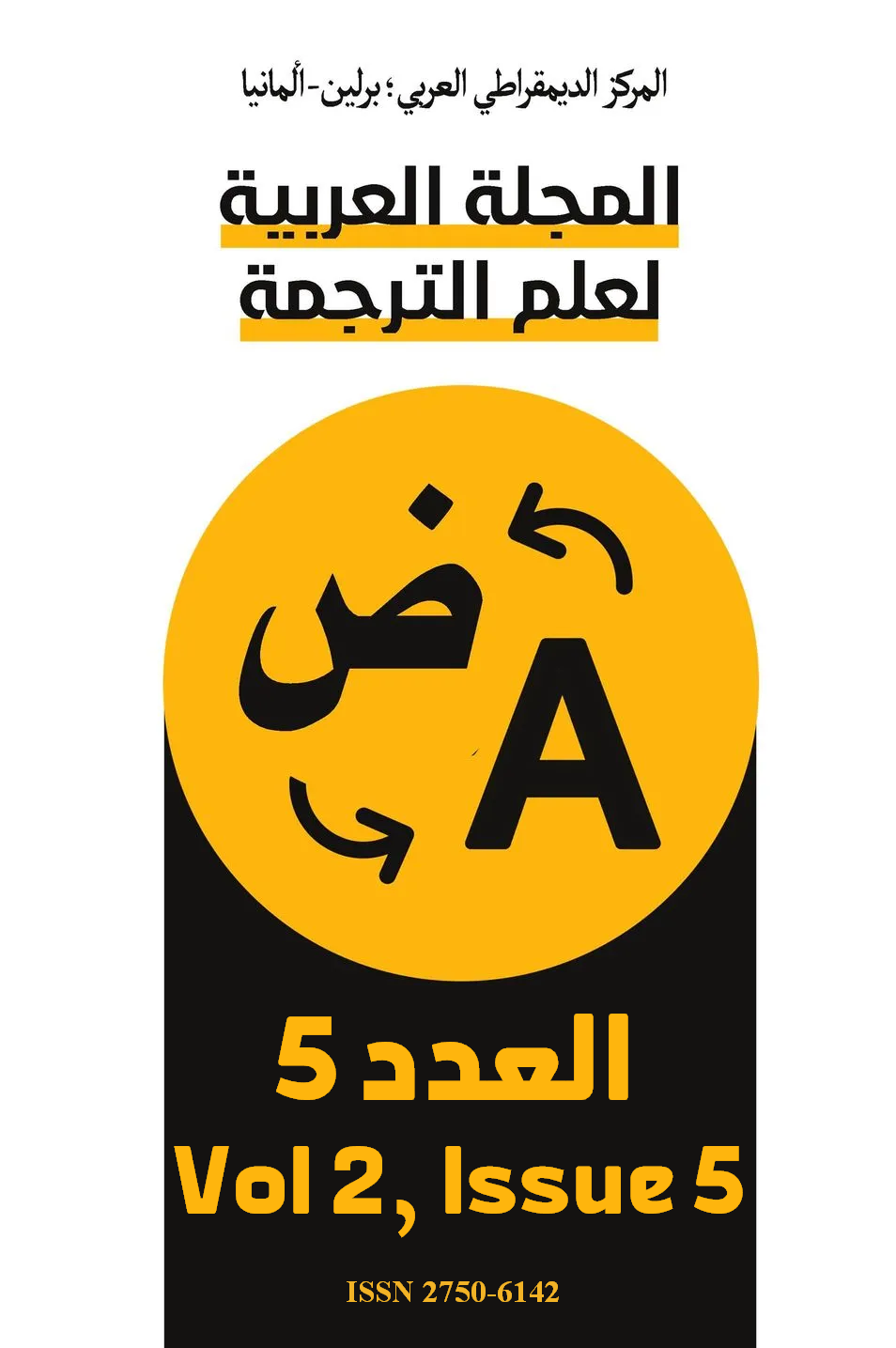City and Protest; Study in the Emotional Dimensions of the Act of Protest
DOI:
https://doi.org/10.63939/AJTS.pb6dcd66Keywords:
Protest, City, Emotion, Recognition, AngerAbstract
this article is about the protesting-self, it aims at reconsidering the emotional aspect of the self in general and the protesting-self in particular. On the one hand, because the latter has subjective and emotional motivations that others have to recognize. On the other hand, because of the claim that it should be viewed as an active and reactive self at the same time in order to go beyond conceptual opposite: reason/emotion.
Our founding argument is that protest - like all other human phenomena - is governed by passion and emotion, and this doesn't refute its rationality and legitimate motives. In this context we have used the concept of anger and contemplated it as the most prominent emotion that directs most of the protest phenomena within the city.
Downloads
Published
Issue
Section
License

This work is licensed under a Creative Commons Attribution-NonCommercial 4.0 International License.
As an open-access the journal follows the CC BY-NC 4.0 Attribution-NonCommercial 4.0 International which states that:
- you are free to:
- Share— copy and redistribute the material in any medium or format.
- Adapt— remix, transform, and build upon the material.
- Under the following terms:
- Attribution— You must give appropriate credit, provide a link to the license, and indicate if changes were made. You may do so in any reasonable manner, but not in any way that suggests the licensor endorses you or your use.
- NonCommercial — You may not use the material for commercial purposes.
- No additional restrictions — You may not apply legal terms or technological measures that legally restrict others from doing anything the license permits.












